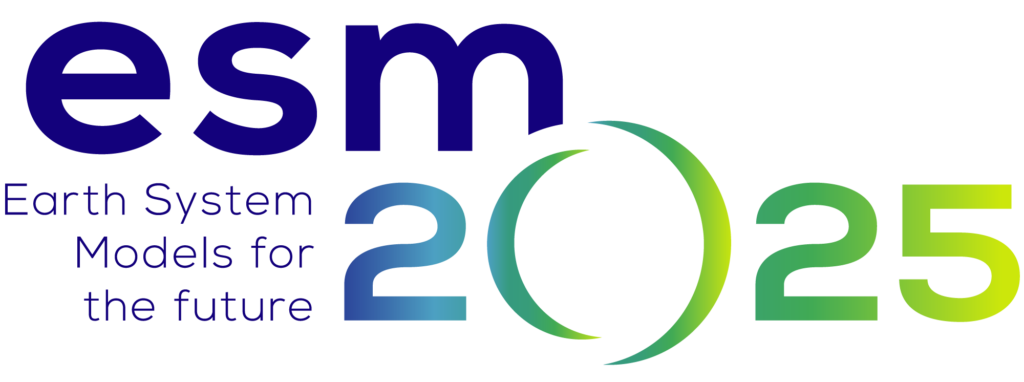WP 14 - Operationalisation of the Paris Agreement: Bringing policy and science together and sharing knowledge with the public
Using new findings from across the project, in this work package (WP) we will develop and deliver new scientific knowledge to support a successful implementation of the Paris Climate Agreement and inform initiatives developed through the European Green Deal. We will develop an early and sustained engagement with stakeholders through workshops, briefings and stakeholder meetings. We will also organize a thematic clustering with ongoing EU projects to investigate the impact of different mitigation pathways on society and the natural environment to develop policy relevant narratives on how to implement the Paris Agreement. Public engagement activities will target a broad spectrum of audiences, along with WP15 activities that focus on youth education on Earth system science. We will coordinate with WP16 to ensure that consistent messages are developed across the project and to efficiently communicate them to key stakeholders and the general public.
We will work with policy partners from the start of the project to deliver relevant science information that will address knowledge gaps and inform policies to implement the Paris Agreement. The Paris Agreement aims to limit global warming below 2ºC and preferably to 1.5ºC. We will also organise events with local, national and international stakeholders to develop a dialogue with them to understand their needs and discuss new scientific knowledge that may be relevant to them. With WP15 and WP16, we will ensure that we communicate the key outcomes of the project, such as the preferred mitigation options to tackle climate change.
Institutions involved: University of Leeds, Imperial College London, Meteo-France Centre National de Recherches Météorologiques, Office for Climate Education (OCE), Potsdam Institute for Climate Impact Research. We will also draw on the expertise of colleagues from across the project to deliver the objectives in WP14.
WP14 Leaders

Hazel Jeffery
In ESM2025, I am co-leading WP14, which focuses on engagement with policy and decision-making stakeholders and sharing knowledge with the public. I will also be working with the Education work package to develop new climate focused materials for teachers and students.

Joeri Rogelj
In ESM2025, I co-coordinate CT3 with Ben Sanderson, and co-lead within WP13 research activities that will integrate the latest Earth system science knowledge into scientific tools for policy assessment, called Integrated Assessment Models (IAMs). Within WP14, I co-lead with Hazel Jeffrey, the ESM2025 activities that co-produce and translate new scientific insights from ESM2025 for policy and decision makers.
WP14 Milestones & Deliverables
MS14.1 – 31 August 2021
First science-policy forum with key international and European stakeholders: define the primary needs of the policy community with respect to science support for implementation of the Paris Agreement
MS14.2 – 30 November 2021
ESM2025 presented at the New Scientist Live event in London, October 2021
MS14.3 – 30 November 2021
Presentation of ESM2025 at COP26 and discussion of international priorities for an effective operationalisation of the Paris Agreement
MS14.4 – 31 May 2022
First World Café Style workshop with local stakeholders and policymakers on science and policy interactions for realizing the Paris Agreement
MS14.5 – 31 May 2023
Second World Café Style workshop with local stakeholders and policymakers on science and policy interactions for realizing the Paris Agreement
D14.1 – 31 August 2023
Intermediate report on initial policy engagement and dialogue with EU and international stakeholders to deliver science support for implementing the Paris Agreement
D14.2 – 31 August 2023
Intermediate report on initial policy engagement and dialogue with national and local decision makers
MS14.7 – 31 October 2023
ESM2025 science results presented at the WCRP Open Science Conference
MS14.7 – 31 October 2023
ESM2025 science results presented at the WCRP Open Science Conference
MS14.6 – 30 November 2023
Second science-policy forum with key international and European stakeholders: Review science for policy support being produced by ESM2025 and modify approaches and emphases based on this interaction
MS14.10 – 30 April 2024
EGU24 Presentation of ESM2025 science outputs in support of EU policy needs for the operationalisation of the Paris Agreement
MS14.8 – 31 May 2024
Third World Café Style workshop with local stakeholders and policymakers together with the participants of the Climathon on the implications and opportunities of realizing the Paris Agreement for Europe’s youth
D14.3 – 31 December 2024
Report detailing key public engagement activities throughout the project
MS14.11 – 31 August 2025
Third science-policy forum with key international stakeholders: prensentation of project findings to EU stakeholders and future priorities
MS14.9 – 30 November 2025
Fourth World Café Style workshop with local stakeholders and policymakers on science and policy interactions for realizing the Paris Agreement
D14.4 – 30 November 2025
Final report on ESM2025-policy engagement throughout the project
D14.5 – 30 November 2025
Final report on engagement activities throughout the project with national and local decision makers

